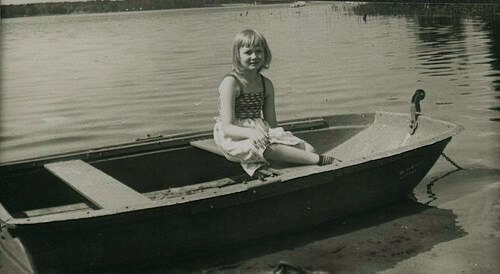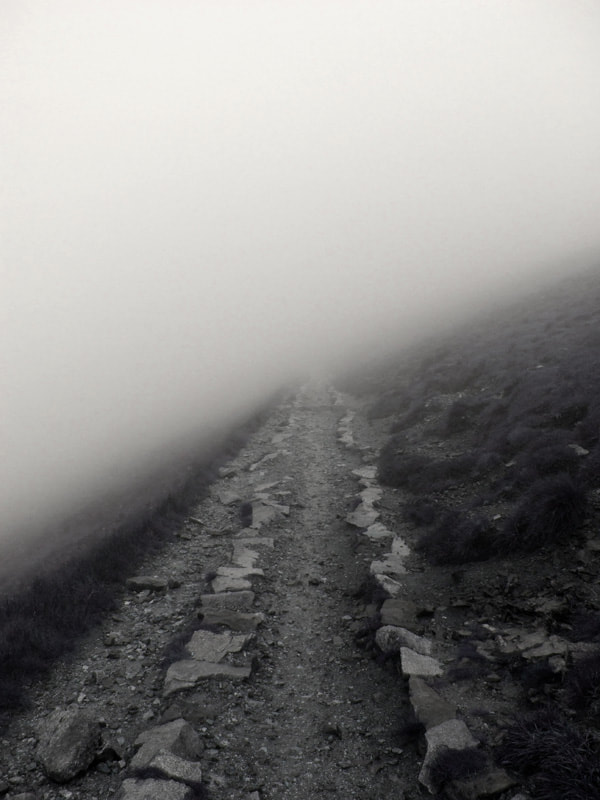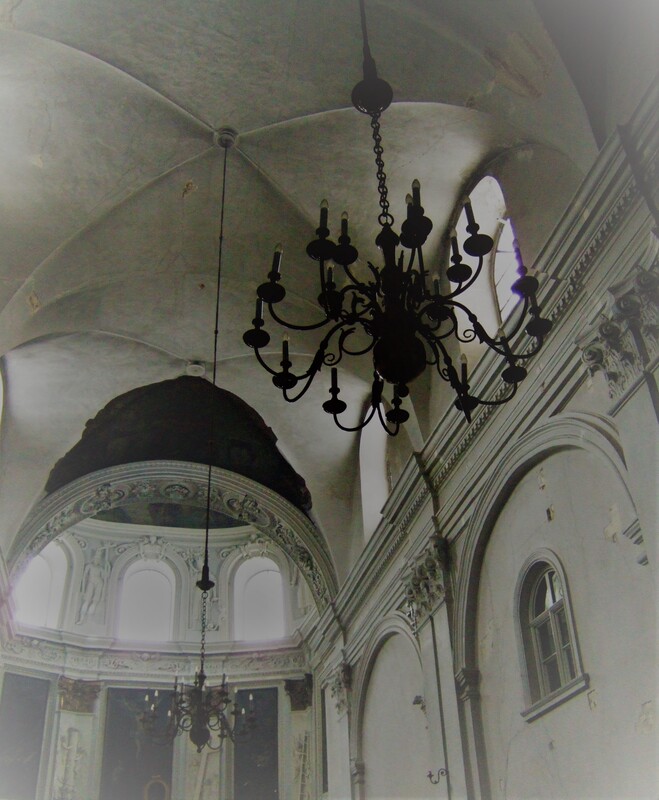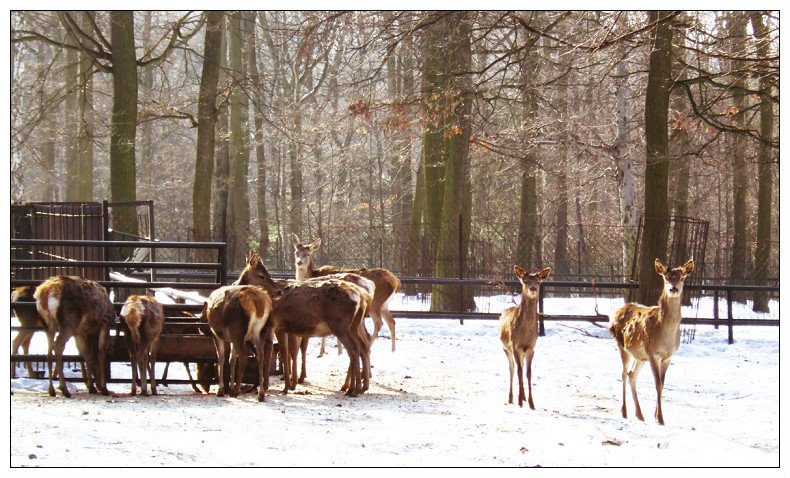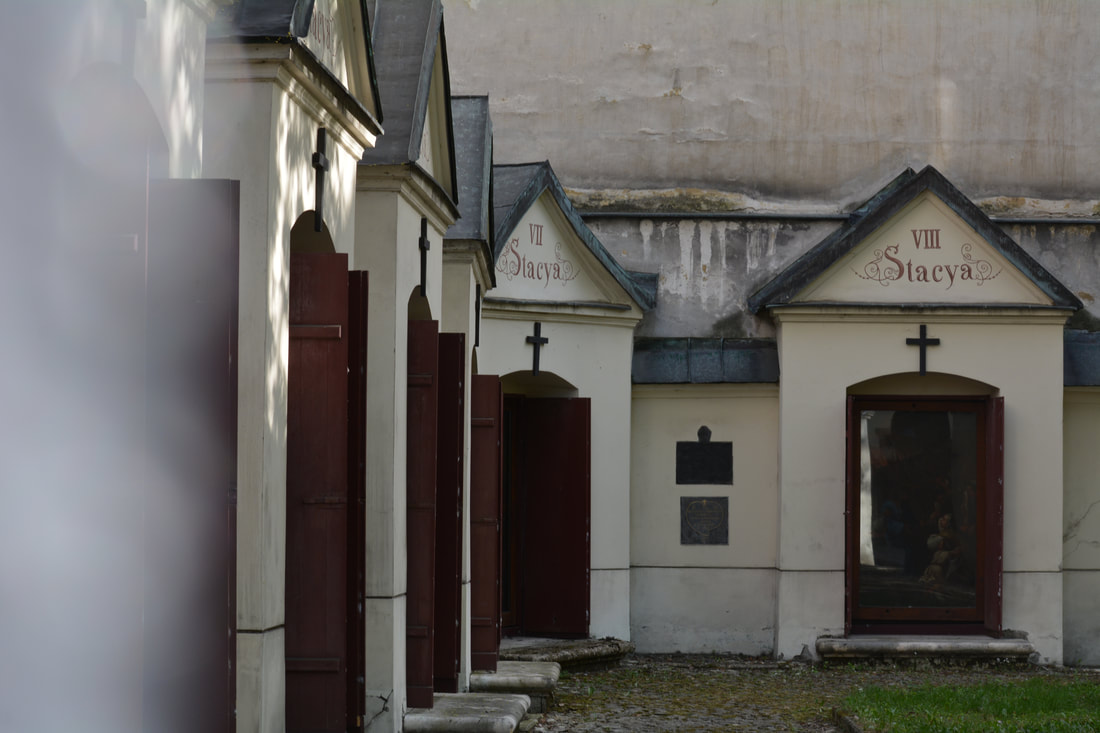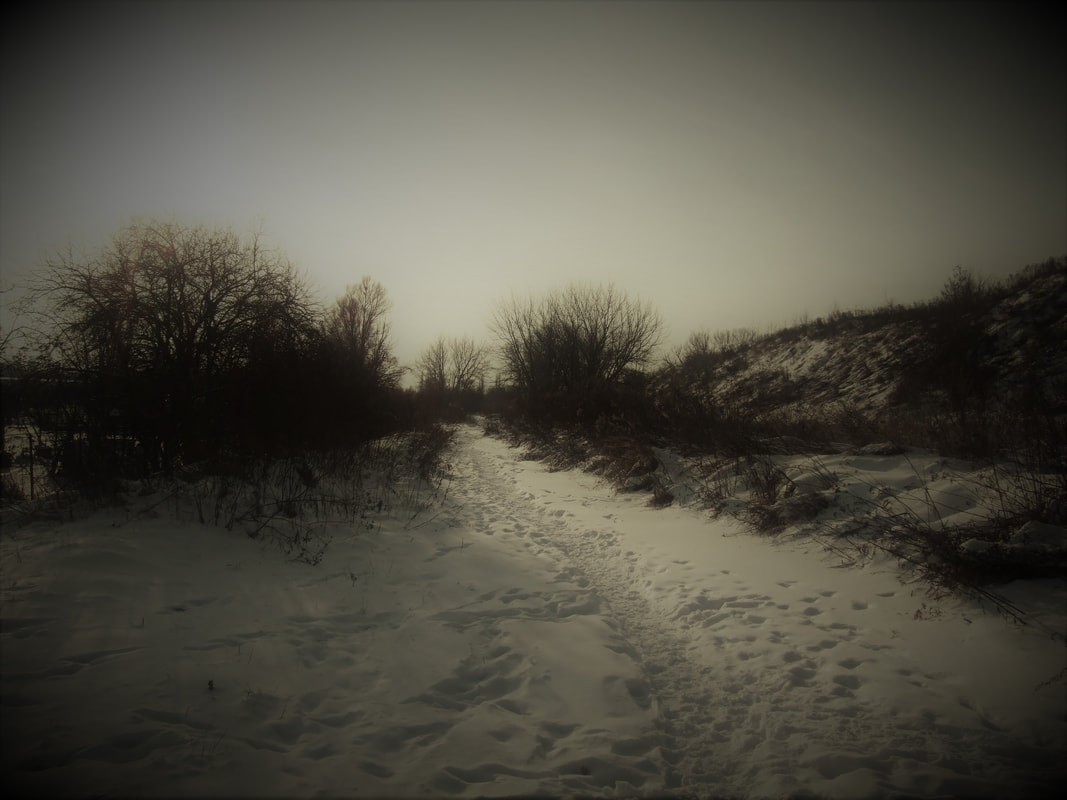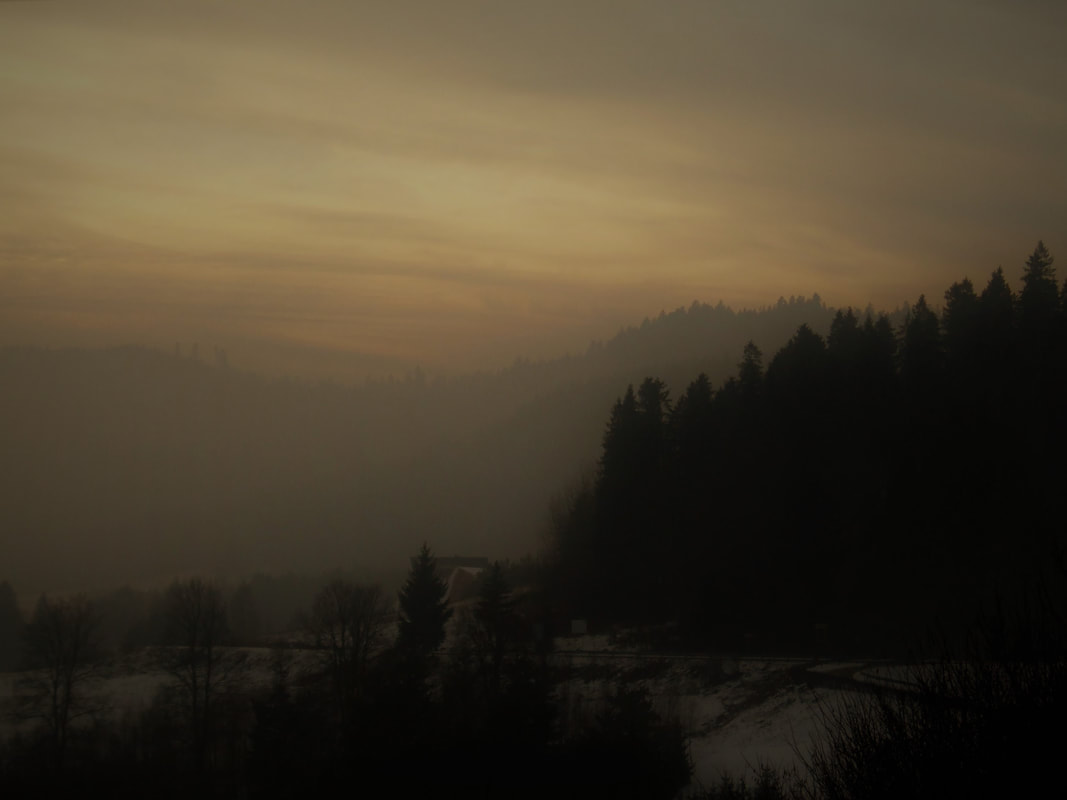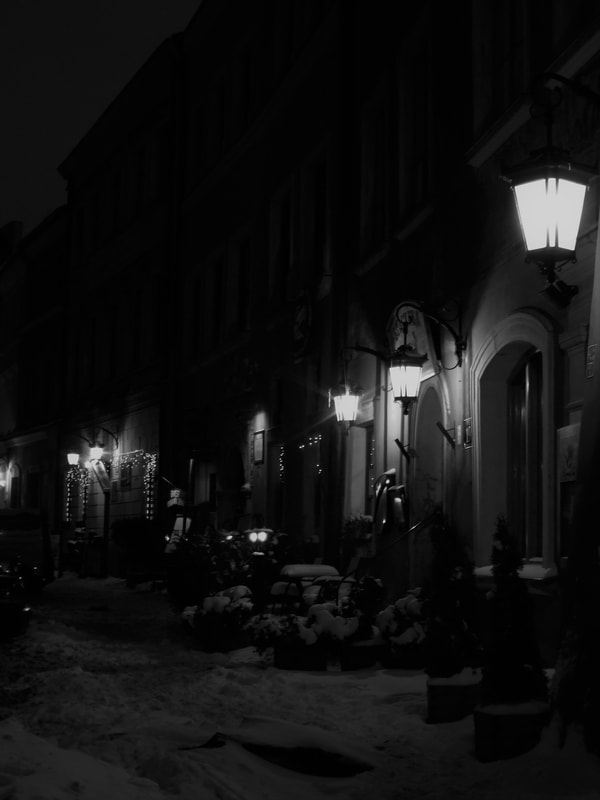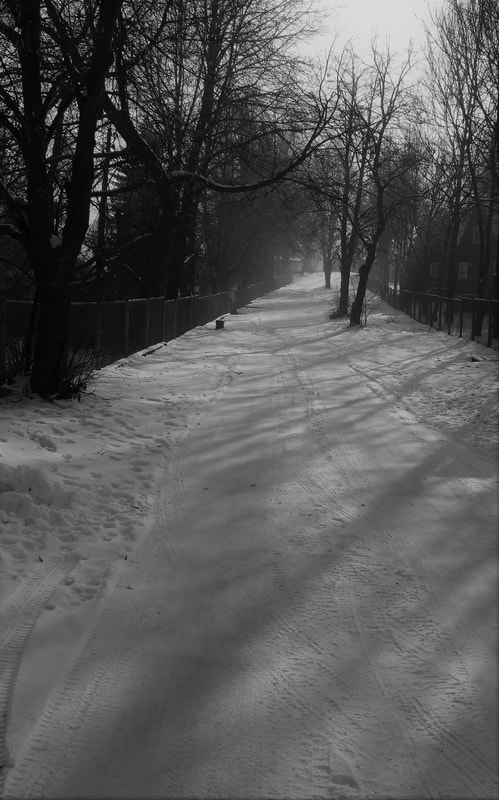- Home
-
RESEARCH ARCHIVE
- ALL TEXTS
- COMPARATIVE LITERATURE
- CULTURAL THEORY & CULTURAL ANALYSIS
- GLOBAL LITERARY STUDIES >
- GLOBAL HISTORY OF IDEAS
- APOCALYPTIC STUDIES
- ARAB LITERATURE
- ASIAN STUDIES
- EAST EUROPEAN & POST-SOVIET STUDIES
- EROTICISM & SEXUALITY STUDIES
- EURO-MEDITERRANEAN WRITING >
- FEMINISMS, GENDER & QUEER STUDIES
- ISLAMICATE INTELLECTUAL HISTORY
- LATIN AMERICAN STUDIES
- LUSOPHONE AFRICAN STUDIES
- MAGHREBIAN & WEST AFRICAN STUDIES >
- MARITIME HUMANITIES
- PLANT & ANIMAL STUDIES >
- PORTUGUESE STUDIES >
- GLOBAL MEDIEVAL & EARLY-MODERN STUDIES >
- SUFI LITERATURE
- TRANSCOLONIAL & TRANSINDIGENOUS STUDIES
- TRAVEL WRITING >
- GLOBAL 19TH-CENTURY STUDIES
- GLOBAL MODERNISMS
- WRITINGS ON ART
- EXPERIMENTS
-
THE WORLD
- ARCTIC & SCANDINAVIA >
- EASTERN EUROPE >
- WESTERN EUROPE >
- THE BALKANS >
- CAUCASUS >
- MIDDLE EAST >
- MAGHREB & SAHEL >
- WEST AFRICA >
- THE HORN OF AFRICA >
- THE SOUTH OF AFRICA >
- INDIA & INDIAN OCEAN >
- SOUTH EAST ASIA >
- IRAN & CENTRAL ASIA >
- NORTH & NORTH EAST ASIA >
- NORTH AMERICA >
- MESOAMERICA >
- THE CARIBBEAN >
- SOUTH AMERICA >
- POLYNESIA >
- MICRONESIA >
- MELANESIA >
- AUSTRALASIA >
- ANTARCTICA >
- MARGINALIA
- ABOUT & CONTACT
